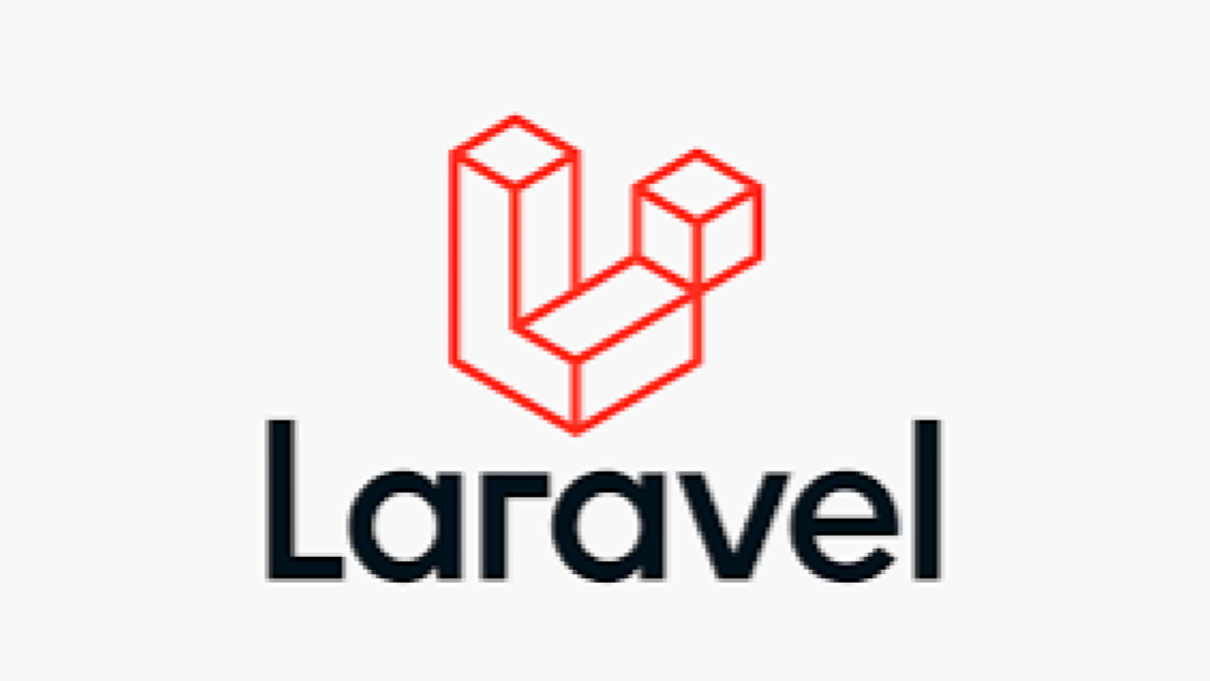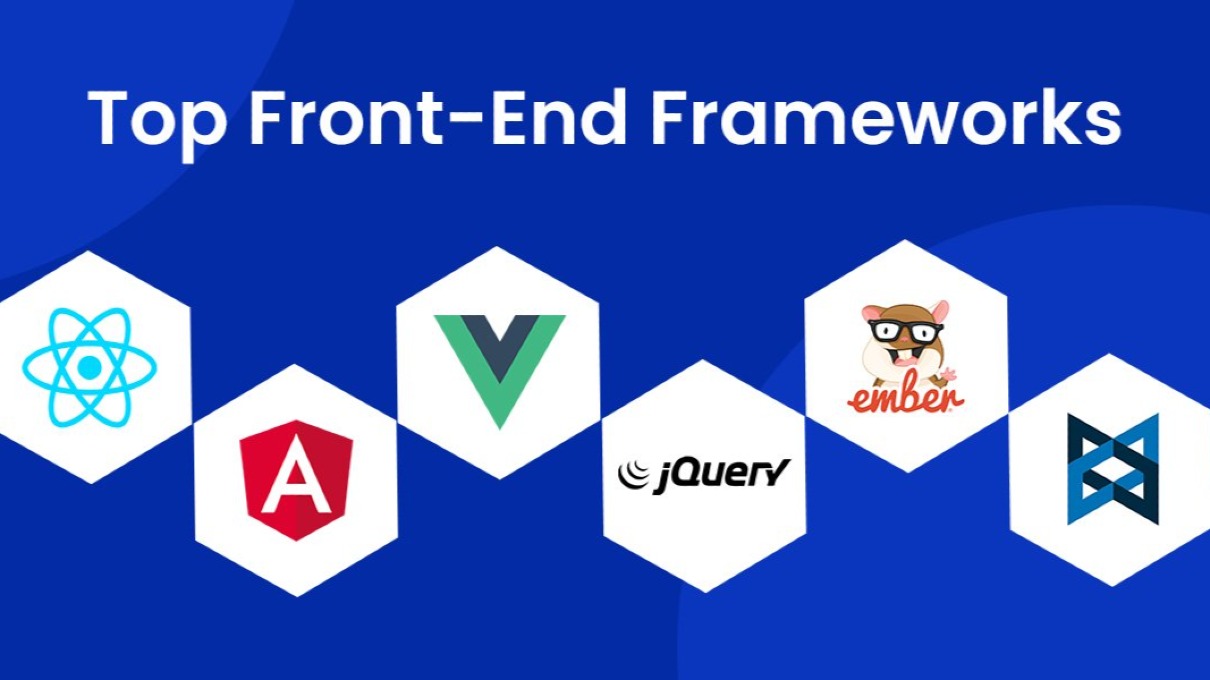Laravel is one of the most popular PHP frameworks, widely adopted by developers for building web applications. Whether you're developing a small personal project or a large-scale enterprise solution, Laravel offers an array of features that make it an ideal choice for backend development. Here’s why you should consider using Laravel as your backend framework:
1. Elegant Syntax and Developer-Friendly
One of the standout features of Laravel is its elegant, expressive syntax. Laravel was built with the developer's experience in mind. Its syntax is clean, readable, and easy to understand, making it easier to write and maintain code. The framework follows modern design patterns like MVC (Model-View-Controller) and offers many built-in helper functions, reducing the amount of boilerplate code developers need to write.
This ease of use is particularly beneficial for developers new to PHP or those looking to quickly prototype applications.
2. Rich Ecosystem
Laravel isn't just a framework; it's a complete ecosystem. It comes with a wide array of tools and services that make development faster and easier:
- Laravel Forge: Automates server provisioning and deployment.
- Laravel Envoyer: Helps you deploy applications with zero downtime.
- Laravel Horizon: Provides a beautiful dashboard to monitor queues.
- Laravel Nova: A beautifully designed administration panel.
- Laravel Echo: Handles real-time events with ease.
These tools, alongside others like Laravel Mix for asset compilation and Laravel Passport for API authentication, make it a full-featured solution for almost every aspect of web development.
3. Built-in Authentication and Authorization
Laravel offers a robust authentication system out of the box, allowing developers to implement user registration, login, and password reset features in just a few steps. Whether you need simple authentication or complex role-based access control, Laravel provides all the tools to manage users and permissions.
4. Database Migration and Eloquent ORM
Laravel makes database management simple and powerful. With its migration system, developers can define database schema changes in code, making it easy to version-control and share schema changes across different environments. This reduces the risks of discrepancies between development, testing, and production databases.
The Eloquent ORM is another reason why Laravel stands out. Eloquent provides an active record implementation, allowing developers to interact with the database using a simple and elegant API. This eliminates the need for writing raw SQL queries, making database interactions faster and less error-prone.
5. Security
Security is a major concern for developers, and Laravel provides built-in security features to help protect your application. Features like:
- CSRF Protection: Laravel automatically generates CSRF tokens for all forms.
- XSS Protection: Laravel escapes output to protect against cross-site scripting attacks.
- Password Hashing: Laravel provides built-in methods to securely hash and store user passwords.
- SQL Injection Protection: The framework uses parameterized queries to prevent SQL injection attacks.
These features, along with other security practices, help you build secure applications out of the box.
6. Routing and Middleware
Laravel makes routing simple and intuitive. You can define routes in a straightforward way, and the framework allows for easy handling of HTTP requests and responses. Additionally, middleware in Laravel makes it possible to filter HTTP requests entering your application, adding a layer of flexibility for implementing logic like authentication, logging, and CORS handling.
7. Queue Management
Laravel's queue system provides an easy and efficient way to defer the processing of time-consuming tasks, like sending emails or generating reports, to a background process. This improves application performance and user experience. Laravel supports several queue backends like Beanstalkd, Redis, and Amazon SQS, making it highly customizable and scalable.
8. Testing and Debugging
Laravel is built with testing in mind. The framework comes with PHPUnit integrated, making it easier to write and run unit tests. It also provides helper methods for testing database queries, requests, and views, ensuring that your application runs as expected in all scenarios.
Laravel also supports Tinker, an interactive REPL (Read-Eval-Print Loop) for quick testing and experimentation directly within the application.
9. Scalability
Whether you're building a small app or a large-scale enterprise system, Laravel scales well. With features like queues, caching, and session handling, Laravel can handle high-traffic applications with ease. You can scale your app horizontally (across multiple servers) and vertically (on more powerful servers) as needed.
10. Community and Documentation
Laravel has a thriving community of developers, providing a wealth of resources, including forums, tutorials, and packages that extend the framework's capabilities. Laravel’s official documentation is comprehensive and beginner-friendly, making it easy for developers to get started and solve issues they may encounter.
Conclusion
Laravel is a versatile, powerful, and developer-friendly backend framework that offers a wide array of tools and features for building modern web applications. With its elegant syntax, rich ecosystem, security features, and scalability, Laravel is an excellent choice for any PHP developer looking to create efficient and maintainable backend systems. Whether you're building a simple blog or a complex enterprise application, Laravel provides the tools necessary to help you succeed.



